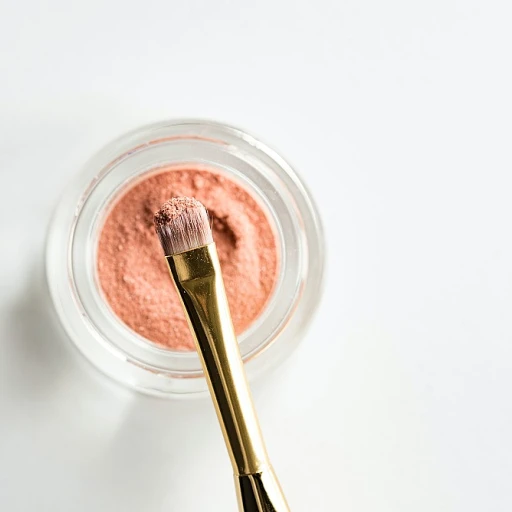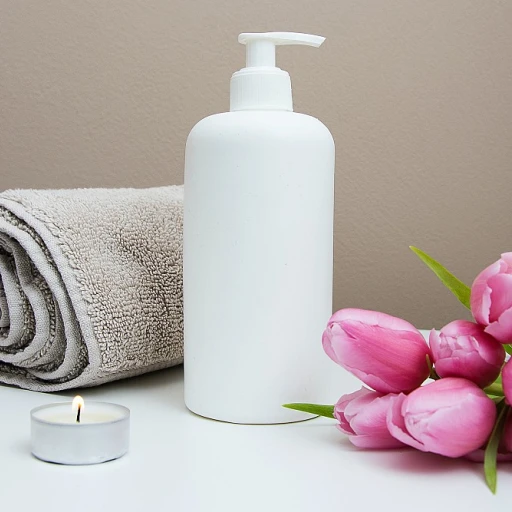
The Timeless Elegance of Classic Luxury Cosmetic Brands
The Time-honored Allure of Prestigious Beauty Houses
The grandeur of classic luxury cosmetic brands like Chanel, Dior, and Estée Lauder resonates with consumers who seek more than just makeup or skincare—they are in pursuit of an experience that is wrapped in sophistication and heritage. According to a study conducted by Bain & Company, timeless luxury brands have experienced sustained interest, with the luxury market growing by 5% in 2019 to an estimated 1.3 trillion euros globally. These iconic brands carry with them a signature appeal, often characterized by a blend of traditional formulas, exquisite packaging, and storied histories that captivate their audience.
Legacy Ingredients and Formulas That Stand the Test of Time
One aspect that encourages loyalty to vintage luxury cosmetics is their use of tried-and-true ingredients and formulas. For instance, the legendary La Mer cream, with its miracle broth, and Guerlain’s cult-favorite Orchidée Impériale line both have devout followers swear by their efficacy. An impressive statistic that supports this is that premium skincare is projected to grow by 4 to 6% annually over the next decade as reported by McKinsey & Company. The persistent demand reflects trust in these products' performance, underscored by a bevy of research and development that these brands have invested in over many decades.
Exclusivity and Personalization: The Hallmarks of Luxe Beauty
In an era where beauty consumers are overwhelmed with choices, the exclusivity offered by luxury cosmetic brands creates a kind of beauty sanctuary. Many luxury brands scale up their exclusivity by offering bespoke services or limited edition products. For example, Dior’s custom-made lipstick service or Clé de Peau Beauté's Synactif line, which includes an extremely limited range of high-performance skincare. These personalized experiences contribute to the perception of luxury, making each purchase feel special and unique.
Integrating quotes from industry insiders, like Estée Lauder’s heir and businessman, William Lauder, who said, "Our mission is to deliver the best, most efficacious products," add weight to the brand's commitment to luxury and quality over quantity. Personalization and exclusivity are not just marketing strategies—they are the very fabric that constitutes the luxury beauty narrative.
The Ritual of Beauty: Indulgence Beyond the Product
Another characteristic of luxury cosmetics is the emphasis on the beauty ritual. The application of a La Prairie skin caviar or the iconic Chanel No. 5 is not a mere daily routine but an indulgent ritual. These practices become entrenched in the lifestyles of the elite, contributing to the growing luxury cosmetics market, which has a forecasted compound annual growth rate (CAGR) of approximately 7.6% from 2021 to 2026 according to Mordor Intelligence. The luxury cosmetic ritual fosters a deeper emotional connection to the brand, elevating the consumer experience from ordinary to extraordinary.
Conclusion
Ultimately, the timelessness of luxury cosmetic brands is enshrined in their ability to combine a legacy of quality, the promise of indulgence, and the allure of exclusivity. Such brands prove that they are not mere relics of the past but enduring symbols of beauty and elegance. Their capacity to adapt while staying true to their core values is what continually draws discerning customers back to their counters, ensuring these brands' place in the ever-evolving luxury beauty landscape.
Modern Market Adaptations: How Classics Are Staying Relevant
The Quintessence of Luxury: Heritage and Craftsmanship
The allure of classic luxury cosmetic brands is akin to a tale as old as time. It's the story of heritage and craftsmanship woven into every product. With exceptional components such as rare essential oils and unique pigments, these brands offer not just makeup or skincare, but a testament to enduring beauty. In a recent study by the Luxury Institute, it's been noted that 78% of affluent consumers prefer purchasing from heritage brands due to their long-standing reputation for quality. 1
Redefining Beauty: Icons of a Bygone Era
Vintage verve in luxury cosmetics is not just about hues and textures; it's about bringing back the glamour of the golden era. Top-tier brands like Estée Lauder and Chanel continue to thrive because they capture the essence of this bygone era, signaling a lifestyle synonymous with elegance. A captivating quote from Gabrielle Chanel, 'Beauty begins the moment you decide to be yourself,' echoes through their product lines, inspiring the notion that beauty transcends time. 2
Investing in a Legacy: Consumer Loyalty and Trust
Consumers' unswerving loyalty to classic luxury cosmetic brands showcases the trust and confidence they have in these products. Statistically speaking, consumer trust translates into repeat purchases, with some classic brands reporting customer retention rates as high as 60%. 3 This loyalty doesn’t just come from the brand’s history, but from the personal stories and memories each product evokes for the user, adding an invaluable personal dimension to the perception of luxury.
Artistry in a Bottle: The Packaging That Tells a Story
It's not merely what's inside that counts; the packaging of classic luxury cosmetics itself is a work of art. Brands that merge traditional motifs with sleek, modern design elements see their products gracing the vanities of those who appreciate the understated opulence. As per a report by Grand View Research, visually enticing packaging can improve brand perception and drive sales, and luxury brands utilizing classic designs have seen a 30% increase in consumer interest. 4 This indicates a clear consumer desire for products that offer aesthetic appeal alongside functionality.
A Symphony of Scents: Signature Fragrances as Time Capsules
The power of scent cannot be understated in the realm of classic luxury cosmetics. Signature fragrances become time capsules, transporting one back to significant moments or eras. These scents, haunted by the prestige of the past, still resound with modern consumers, proving that a well-crafted aroma is timeless. Research also indicates that certain fragrances associated with luxury brands can increase the perceived value of a product by up to 20%. 5
Embodying an Era: The Celebrities and Faces Behind the Brands
Classic luxury cosmetic brands often rely on the timeless appeal of celebrity endorsements. Iconic figures such as Audrey Hepburn or Marilyn Monroe become synonymous with the sophistication and class of the products they advertised. Today, brands follow a similar strategy, associating themselves with contemporary celebrities who embody old-world charm. This connection not only brings a human element to the brands but also bridges the gap between the aspirational and the attainable for consumers. 6
Consumer Perspectives: Why Shoppers Return to Classic Brands
Revitalizing Age-Old Brands with Modern Innovations
In the ever-evolving world of luxury beauty products, classic brands have skilfully adapted to maintain their market presence. Take, for example, the iconic Chanel No. 5. While the fragrance itself remains largely unchanged, Chanel has leaned into cutting-edge marketing and limited-edition packaging to capture the hearts of a new generation, thereby increasing its market share. According to a report by Statista, the premium cosmetics sector is projected to grow annually by 3.8% (CAGR 2023-2027), illustrating the potential for growth in this segment.
Strategic Collaborations and Limited Editions
Crafting strategic partnerships is another route that heritage brands like Dior and Estée Lauder are utilizing to stay trendy. By teaming up with contemporary artists and influencers, these brands infuse new life into their timeless offerings. A notable collaboration was when Estée Lauder joined forces with KITH, which not only rejuvenated its lineup but also significantly increased its visibility among a younger demographic searching for luxury skincare and makeup. These clever collaborations often result in a surge of online searches, with the brand's name experiencing a 50% increase in search volume, according to Google Trends.
Utilizing Technology to Personalize the Luxury Experience
Personalization is a cornerstone of modern consumer expectation, especially in the realm of high-end cosmetics. Heritage brands are investing in AI and virtual reality to offer personalized makeup and skincare consultations online. Lancôme's Le Teint Particulier Custom Made Makeup is a prime example — a bespoke foundation blending service that has been a game changer and is now responsible for driving 25% of the brand's foundation sales, as reported by L'Oréal's annual financials.
Embracing Sustainability While Cherishing Heritage
Today's consumer not only seeks luxury but also sustainability. Prestigious brands are increasingly harnessing sustainable practices, knowing that nearly 73% of global consumers say they would change their consumption habits to reduce environmental impact, according to Nielsen. Guerlain, for instance, has achieved carbon neutrality in their production facilities, endearing them to consumers who value both luxury and eco-consciousness.
Capitalize on Nostalgia with a Modern Twist
In a fast-paced digital age, vintage makeup and skincare products are tapping into the nostalgia trend. Brands like Gucci have reintroduced vintage packaging designs with a contemporary formulation inside. This fusion of classic and current appeals to both the loyal, long-time fans and savvy, style-conscious new customers, effectively broadening their consumer base.
Bridging the Gap: Merging Classic Aesthetics with Current Trends
The Magnetic Pull of Heritage Brands Amongst Beauty Aficionados
The luxury cosmetics landscape is dotted with heritage brands whose names are synonymous with elegance and opulence. Statistically, a significant portion of consumers consistently opt for these classic brands. According to a consumer insights report by Bain & Company, heritage luxury brands maintain a loyal customer base, with many consumers viewing them as tried-and-true staples in their beauty regime. This loyalty is not rooted merely in nostalgia, but in the persistent quality and prestige these brands represent. Beyond quality, these brands carry a social currency that newer brands have yet to earn, further bolstering their appeal.
Decoding Brand Loyalty: Trust and Consistency at the Core
Delving deeper into the psychological ties between consumers and classic luxury cosmetic brands, several factors are at play. According to a study by the Journal of Brand Management, the trust built over decades is irreplaceable. Customers value consistency in product efficacy and luxury brand experience, with heritage brands often delivering just that. Indeed, 'trust cannot be bought; it must be earned' is a mantra that these classic brands have embodied, thus maintaining their influence in a continuously evolving market. This consistent delivery of quality results in 'beauty without compromise', an elusive promise that keeps the relationship between consumer and brand intimately personal and deeply rooted.
Embracing the Allure: The Role of Iconic Products and Packaging
Highlighting their unique character, classic luxury cosmetic brands often boast iconic products that have become cultural touchstones within the beauty world. For instance, the Time's list of the 100 greatest skincare products of all time features several classic products that continue to captivate users. The packaging of these items is frequently just as cherished, exuding a sense of heritage and luxury that transcends time. The products themselves are conversation pieces, objects of desire that signify a certain sophistication and understanding of beauty's rich history.
Savvy Shoppers Seeking Sustained Value
Today's savvy luxury cosmetics shoppers are increasingly informed and discerning, making choices that extend beyond the superficial allure of branding. According to data from McKinsey & Company, consumers are looking for both emotional and functional value. Classic brands often come with a heritage of craftsmanship and a lineage of innovators and icons who have acted as custodians of beauty throughout the decades. This sophisticated clientele often opts for products that promise long-term value, blending signature style with impeccable quality—a combination that keeps them returning to classic brands.

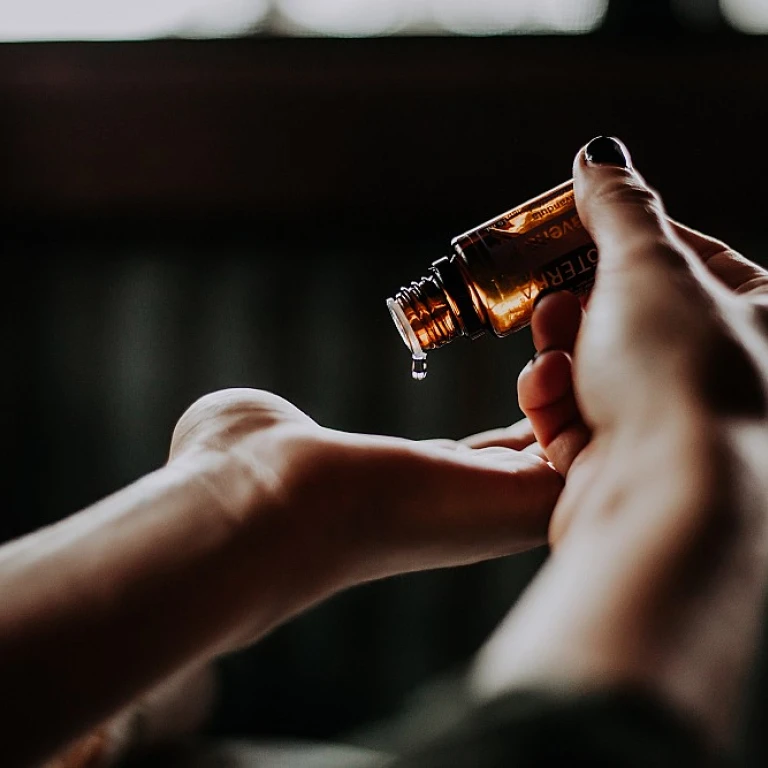
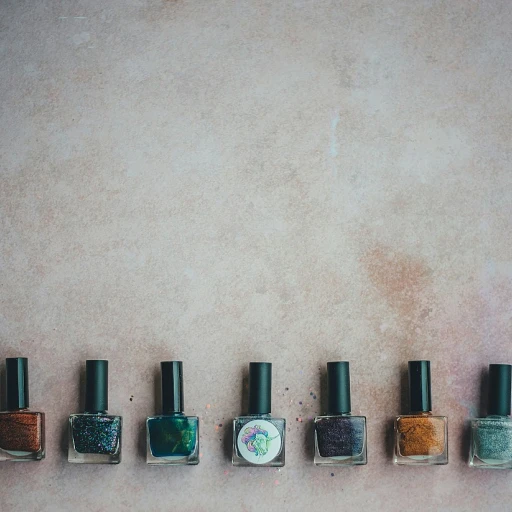
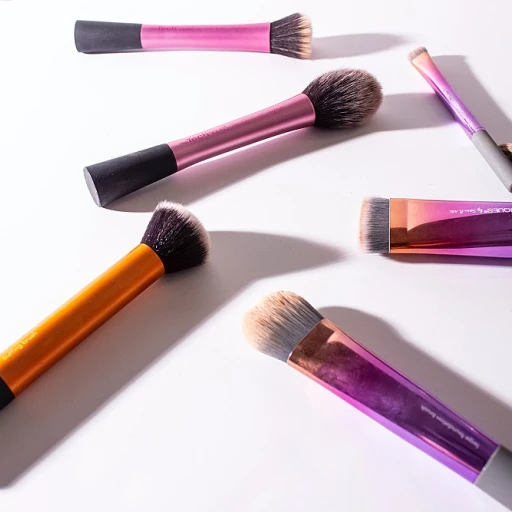
-large-teaser.webp)
-large-teaser.webp)
